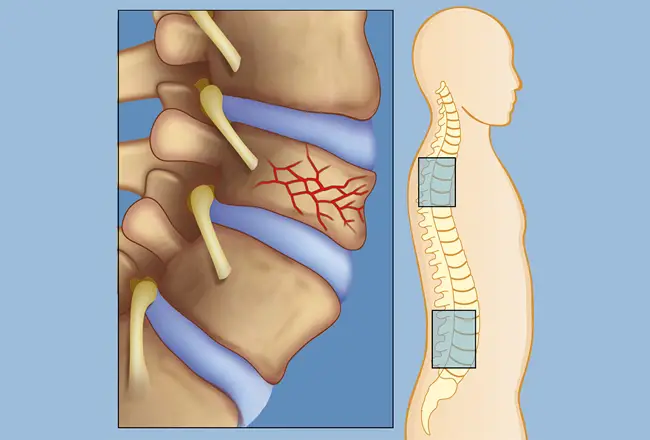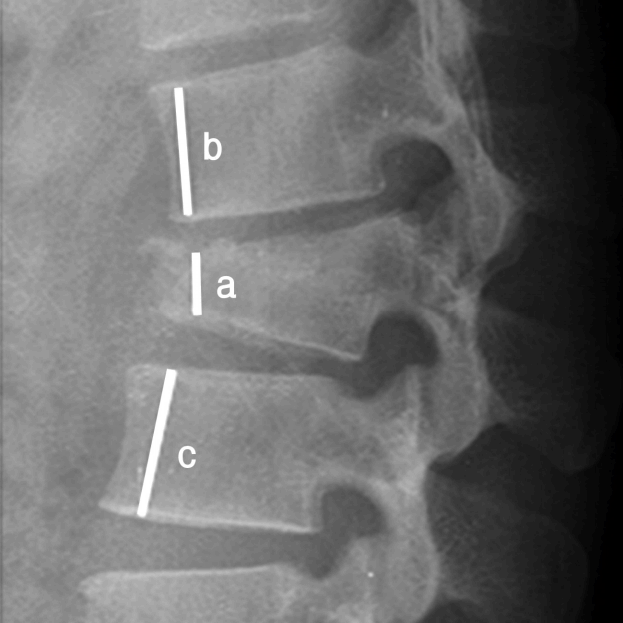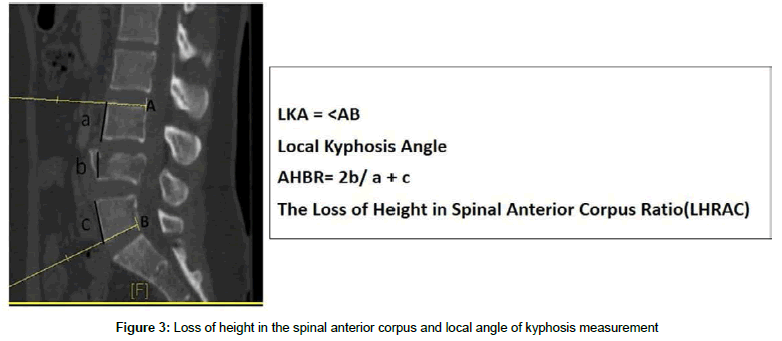The lvf group had significantly lower dorsal and ventral t12v body heights both p0001. The normal lower bound for relative change in measured vertebral heights ranged between 10 and 16 anteriorly and 11 and 19 posteriorly. Previously researchers used different measurement methods to assess the degree of vertebral body collapse by using posterior wall height as the reference vertebral body compression ratio vbcr or the percentage of anterior height compression pahc which uses the mean height of segments adjacent to a healthy vertebral body as the reference value 8 11. Normal vertebral dimensions were found to vary from vertebra to vertebra. This study used previous measurement methods to assess the degree of vbhl and ka compare and examine differences between various measurement methods and examine the correlation between relevant measurement parameters and intravertebral cleft ivc in the vertebral body. The objective of this study was to analyze the spinal dimensions of the ais spine in 3 d in vivo by measurement of the total length of the spine and height width depth ratios of the vertebral.
The average dorsal t12v body height was 2125164 mm in the control group and 2011149 mm in the lvf group. Mean disc height in the lower lumbar segments was 116 18 mm for the l34 disc 113 21 mm for the l45 and 107 21 mm for the l5s1 level. The average ventral t12v body heights were 1951154 mm and 1762195 mm respectively. Criteria for deformity should allow for this variation to avoid misdiagnosis. Anterior vertebral height remained the same from the third to the fifth vertebra but the posterior vertebral height decreased. For compression fracture vertebral body height loss vbhl and kyphotic angle ka are two important imaging parameters for determining the prognosis and appropriate treatment.

















